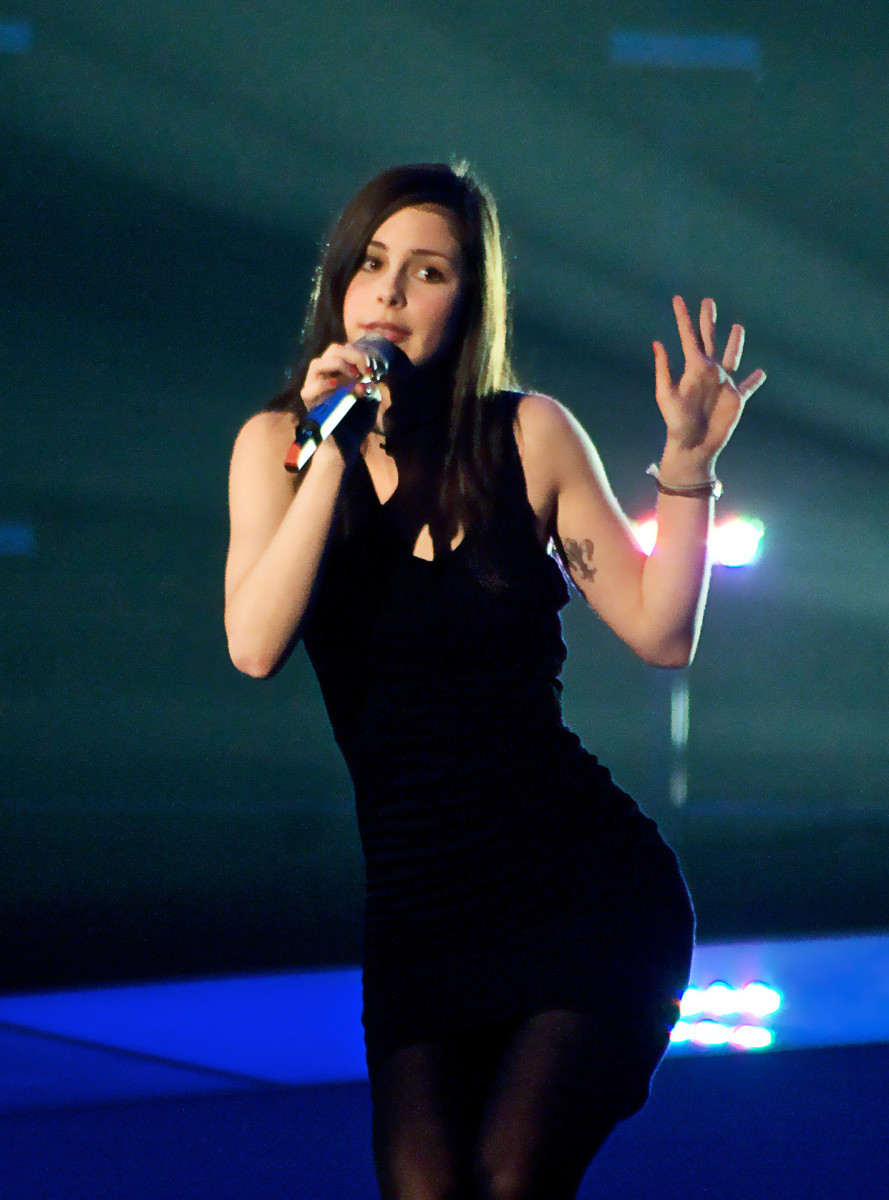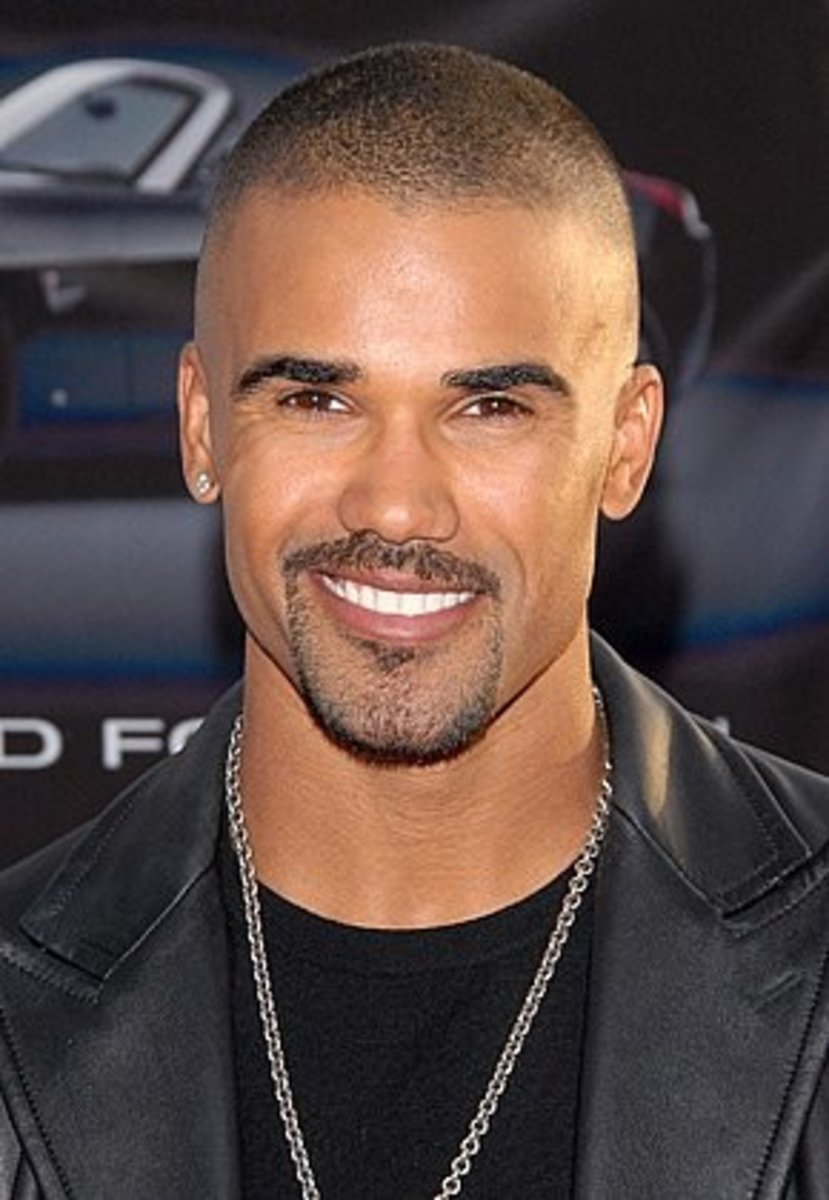Pretty Women on the Air
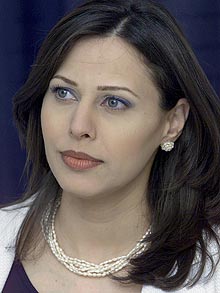

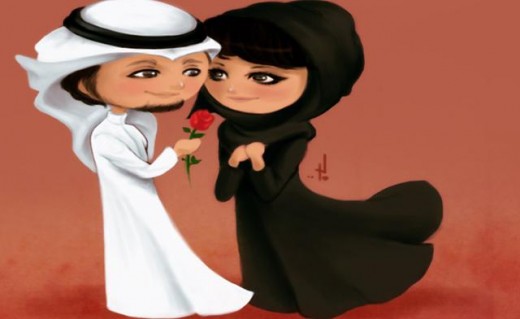
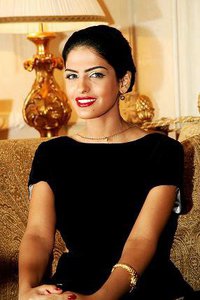
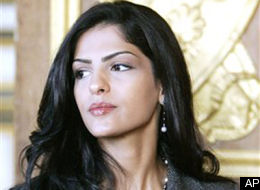
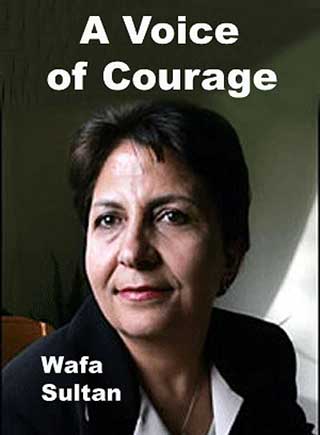
Aren’t you pretty, isn’t she pretty, doesn’t she look good. In a politically-correct world sexist images should not continue to exist, yet we have all that on television—our visual leader for change.
In 1970s and 1980s Britain, female television anchors were not awfully pretty; they had different standards back then. Overall, managers hired them for their presentability, and not only good looks. There was a melting potting perspective, practicing the politically-correct approach when the idea was still in its initial stages. There was also then an attempt to hire anchors, albeit minuscule to reflect Britain’s emerging multi-ethnic society.
Running into the mid-1990s and beyond, the age of satellite in the Arab world, a period of “gaiety” when open skies became the new catchphrase, and everybody became to see everyone else. In a way satellite television made us—the human race—more nosy, peaking into other peoples’ gardens.
Satellites were mushrooming, in fact they continue to be regardless of the watchers. Of the top television stations and these tend to present news because everyone knows Arabs love news, are news junkies, the race to put on the most beautiful female anchors gained momentum. They were interested in a baggage of good looks and attractiveness.
Women and men for that matter, but not so much because of the hallo of virility that surround them, were being sought from Morocco passing through Egypt, off course Lebanon, to the Gulf, where prettiness suddenly became an enlightened word under the guise of glamour television. Ladies, beautiful anchors were becoming the new stars of the satellite television world.
Their “stardom” enthused the television rooms of Arab audiences that they are today compared to television and film stars and pop idols, a western phenomena that crept into the Arab world.
And so satellite television, no matter how “newsy” became about faces, demeanors, good looks in an Arab world itself grappling change, mod cons, and new and very different ideas from the not-too-distant past. It is a new visual framework of communication. Today, what we have is television by bareface imagery, color, tons of make-up, battles of action, and hasty, glossy journalism.
Whose better to be in the hot seat than beautiful women announcers and anchors. And as more satellites pop up, more pretty announcers are demanded. It’s as if it is them who dictate the ratings and audiences, getting beauty upfront to get the masses hooked as if they need to.
And so satellite catchwords become abound subliminally going through the mind of audiences: Prettier, gorgeous, glamorous, attractive, with sophistication taking somewhat of a backseat in favor of visual things other than news—clichés at their best, and trying to almost grab what is behind the television screen.
An outside viewer, happily flicking the satellites could be forgiven by concluding Arab women are the most beautiful. Some are of course, as it is with many in the world, but here they are being sensationalized, and even trivialized. If being pretty is not good enough, they are sparkled and splashed with more make-up; the wonder cosmetics that rule the world and the television set.
Although far from being suggested, there is a great danger involved in over-concentrating on beauty as it may become a source of distraction with news being “mentally tuned out” and idle thinking setting in, mulling over the anchor, her contours, facial movements, lighting, to her news delivery, mouth and lips motion and voice and intonations.
Cynically, it might be said there is obvious choice targeting were Arab television managers and producers look for features that go for that “stunning”, even sensual look where the drive is for the bold and the beautiful foremost, and then knack and delivery.
Political correctness is yet to enter the Arab world, or at least on the greater scale it is required to. “Plain”, “comely” what can be called as “normal" looking women, after all, this is the human race, are seldom hired to read the news, and are mostly left as background staff.
We might still be a long way off, in accepting that prettiness should not by the sole criteria to judge people with as there are definitely other criterions and “technicalities” relating to delivering news, voice and intonations, how to stress certain things, and lighten up different words.
There should be a wholesome process of judgment rather than just the "pretty" criteria. But unfortunately this is not the case as some "dickey bird" told me even in Britain the television hiring has become in favor of good looks and glamour as opposed to wholesomeness.


